Importance of Marine Radios in the Fishing Industry
The fishing industry demands effective communication for successful operations, safety, and emergency response. Marine radios serve as a vital means of connecting vessels, coordinating activities, and ensuring that crucial information is conveyed swiftly and accurately. In the vast expanses of open water, the significance of reliable communication cannot be overstated.
Types of Marine Radios: VHF vs. MF/HF Radios
VHF Radios:- Frequency: Very High Frequency (VHF) radios are commonly used for short-range communication.
- Range: Ideal for coastal and inland waters, with a typical range of up to 25 nautical miles.
- Advantages: Clear communication, less affected by atmospheric conditions, and widely adopted in the maritime community.
- Frequency: Medium Frequency (MF) and High Frequency (HF) radios are suitable for long-range communication.
- Range: Capable of long-distance communication, making them valuable for offshore and long-haul fishing operations.
- Advantages: Extended range, especially in areas with limited VHF coverage, and global communication capabilities.
Features to Consider
Waterproofing:- Essential for marine radios due to exposure to water, spray, and adverse weather conditions.
- Look for radios with robust waterproofing standards, ensuring durability in the marine environment.
- Assess the operational range of the radio based on the fishing areas you frequent.
- Consider the topography of the waters you navigate and select a radio with an appropriate range to meet your communication needs.
- Some marine radios come equipped with additional features such as built-in GPS, Digital Selective Calling (DSC), and Automatic Identification System (AIS).
- Evaluate the extra functions based on your specific requirements and the nature of your fishing operations.
Regulations and Compliance
Safety Requirements for Commercial Fishermen:- Familiarize yourself with local and international regulations governing marine radio usage.
- Ensure compliance with safety standards, including the carriage of required communication equipment on board.
Best Marine Radios for Fishing
Considering the diverse needs of commercial fishermen, several reputable brands and models stand out: Icom M506:- VHF radio with integrated AIS receiver for enhanced safety.
- Intuitive user interface and large display for easy operation.
- VHF radio with built-in GPS and DSC functionality.
- Compact design with a variety of scanning options.
- MF/HF radio designed for long-range communication.
- Robust construction suitable for offshore and deep-sea fishing.
Maintenance Tips
Keeping Your Radio in Top Condition:- Regularly inspect and clean the radio and its components, paying attention to connectors and antennas.
- Test the functionality of waterproof seals and replace them if damaged.
- Follow the manufacturer’s guidelines for software updates and firmware maintenance.
Conclusion
In the vast and challenging expanse of the open sea, choosing the right marine radio is not just a matter of convenience but a critical decision that can impact the safety and success of commercial fishermen. Whether navigating coastal waters or venturing into the deep sea, a reliable and well-maintained marine radio ensures seamless communication, emergency response capabilities, and adherence to safety regulations. By understanding the types of marine radios, essential features, compliance requirements, and exploring top recommendations, commercial fishermen can make informed choices that contribute to the overall efficiency and safety of their operations. In the maritime world, the importance of reliable communication at sea cannot be overstated, making the selection of the right marine radio an indispensable aspect of a successful fishing venture.

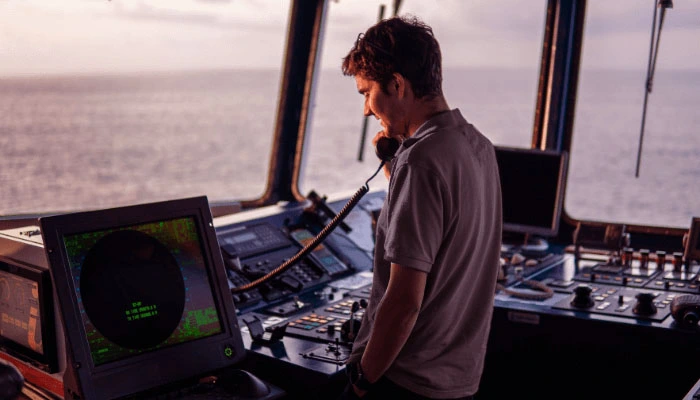
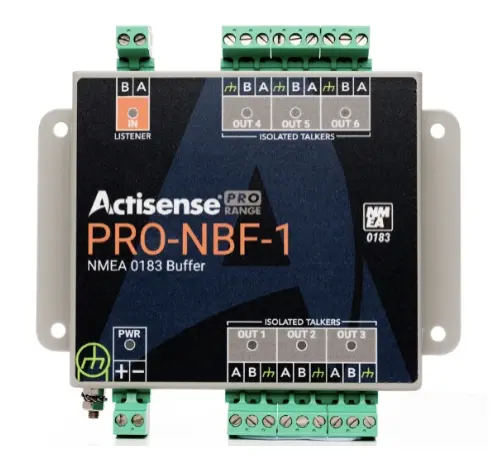
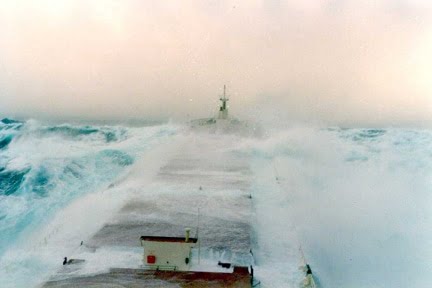
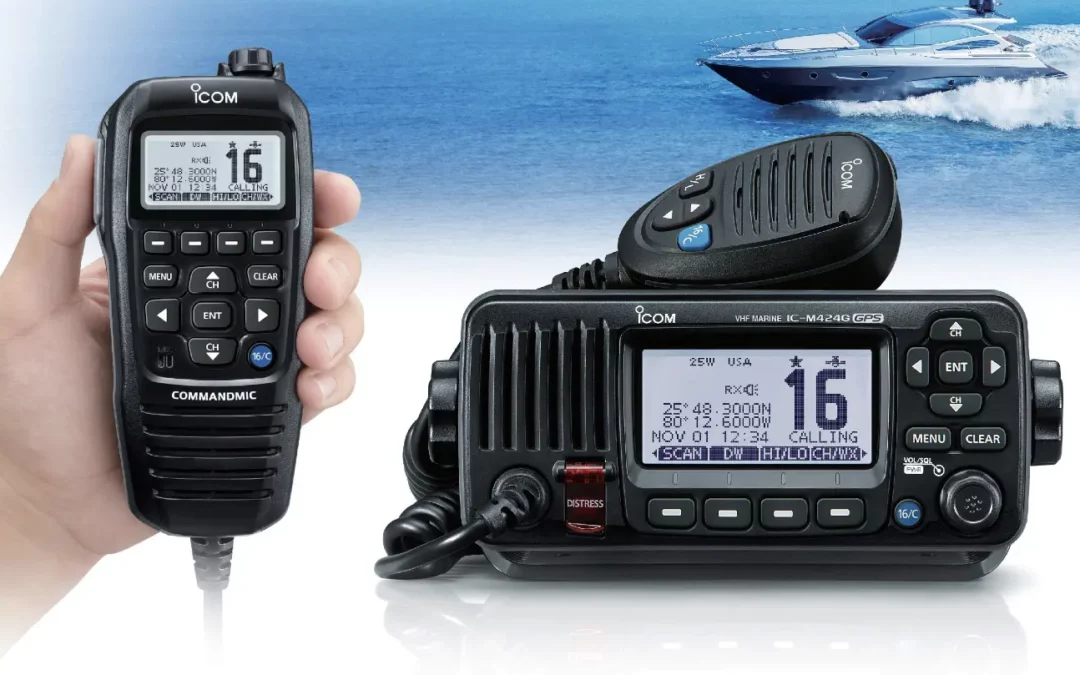

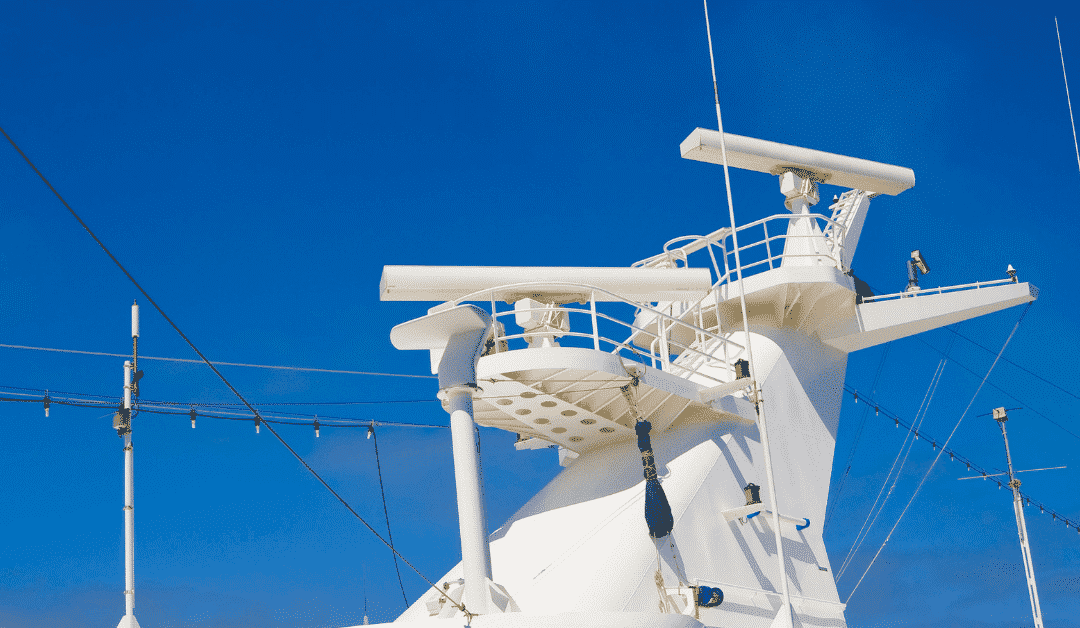
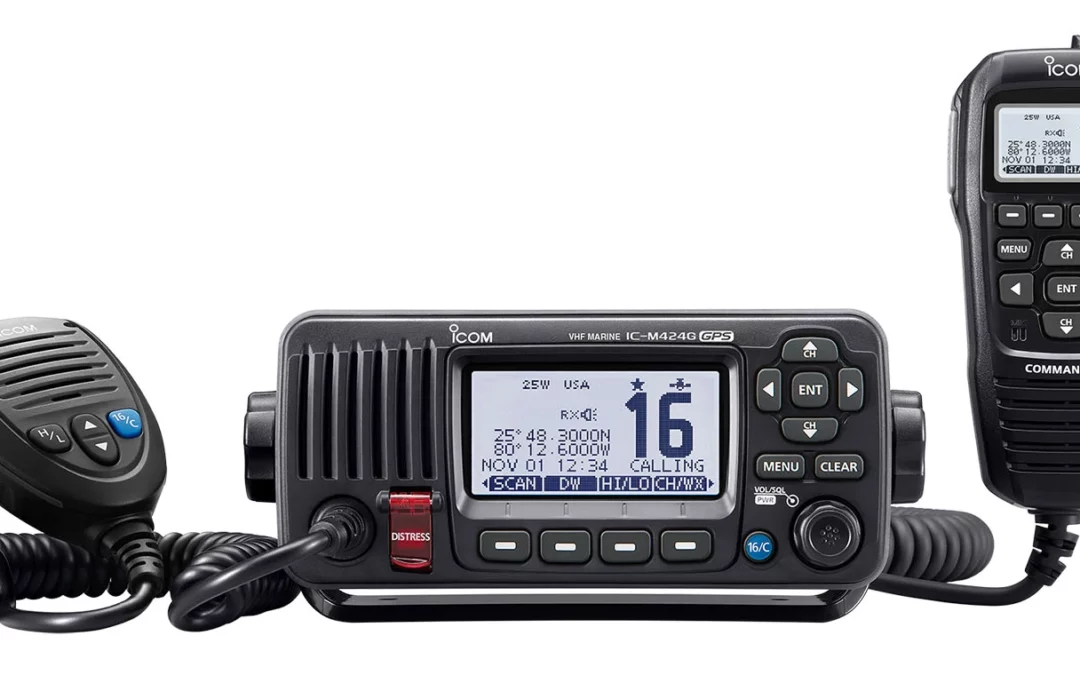
0 Comments